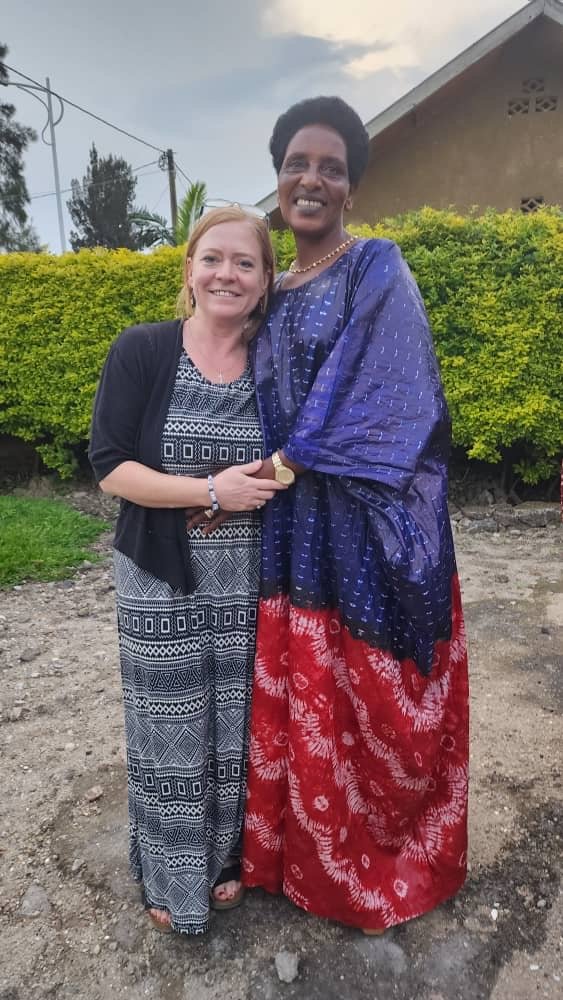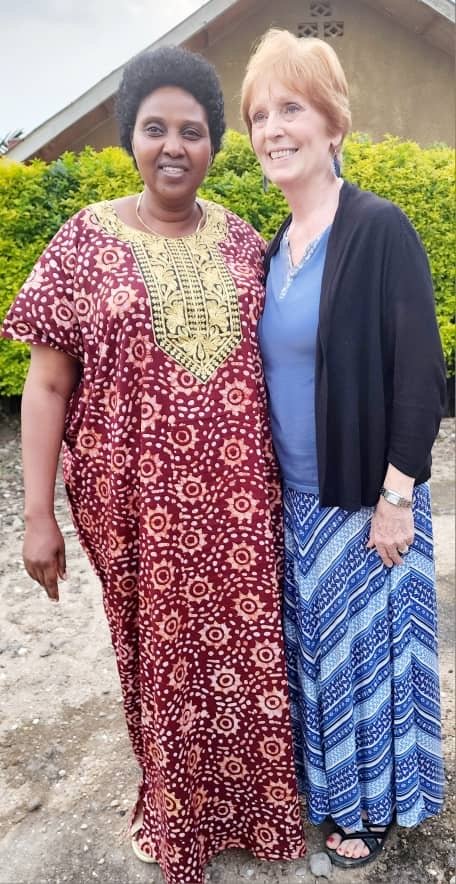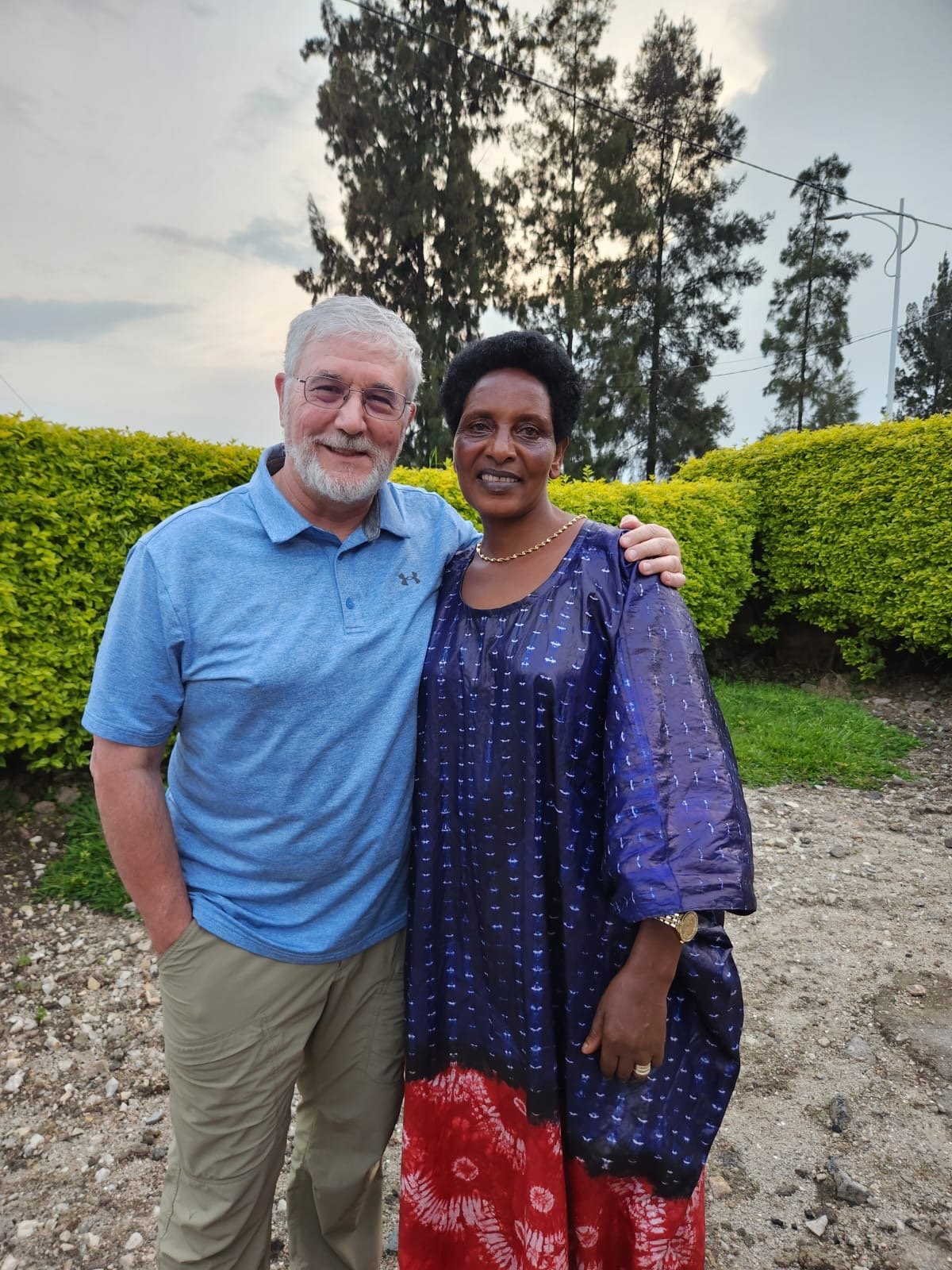A Suffering Nation
Written by: Heidi Kittredge
AWHI not only partners with Rwandan women cooperatives, we also partner with Congolese women cooperatives.
This afternoon we met with representatives from 2 women cooperatives and their pastor from DRC (Democratic Republic of Congo). The women and Pastor John traveled 8 hours from DRC to Gisenyi to meet with the AWHI team. We spent the majority of our time listening and learning about their life in DRC.
What AWHI is sharing are testimonies directly from the women and Pastor John.
DRC has approximately 450 tribes and the country has been in civil war since 1996 and it continues today. Before 1996, life was normal. Kids went to school and businesses were thriving. Generations of family raised lots of cattle. Once the war started, numerous cows were taken and families were killed. 150 cows were taken from Pastor John. Post 1996 and today, a normal life is violence and rape. People are traumatized with no remorse. “Normal life is, ‘I will die one day.” - Pastor John
No one wants to visit DRC, so they feel abandoned. “The government and other people have abandoned the Congolese” says Pastor John. “I have knocked on many doors and the response, ‘I can’t go to Congo.’ says Bishop Theophile.
Pastor John and the women have lived in the city of Bukavu since 1998 which is protected by the government. There are approximately 5 million people living in Bukavu. Millions and millions of other Congolese live in re-settlement areas, which are not protected by the government.
Today, those fleeing the re-settlements are finding it difficult to enter Bukavu. Every day, Congolese move from one area to another area to find safety. They are refugees in their own county. As a result of the war, Congolese are fleeing the country, dying every day, women are raped, and they are living a “jobless life.” There is deep poverty and malnutrition. One village has over 300 widows under the age of 30 as a result of the war. There are numerous orphans. The DRC is now facing issues of kidnapping and ransom demands. Ransom demands are met and people are still killed.
“It is like living in prison in your own country.” - Ndondo
Even through these challenges, the women are still able to maintain small businesses in Bukavu. They sell cow’s milk (most buy in Rwanda and bring back to DRC), homemade ginger juice, Fanta and other small items in front of their homes. Women are unable to sell in the rural areas due to the violence. They have to stay in the city. The benefits from their businesses helps their family life and the life of the church.
The women’s biggest concern are for those that live in the re-settlement (rural areas). Many, if not all, suffer from malnutrition, have no clothes and no safe place in gather in fellowship. Some of the women’s group savings are used to help those communities outside of Bukavu. But it is not enough!
We received a number of prayer requests: (1) May God find a way to support the local church and its surrounding communities; (2) May God find a way to advocate for rural areas outside of Bukavu; (3) May God direct others to find long term sustainable projects to help widows and orphans.
Please join AWHI in praying for our friends in DRC and the people of DRC.
To learn more about what is happening in DRC visit: https://reporting.unhcr.org



